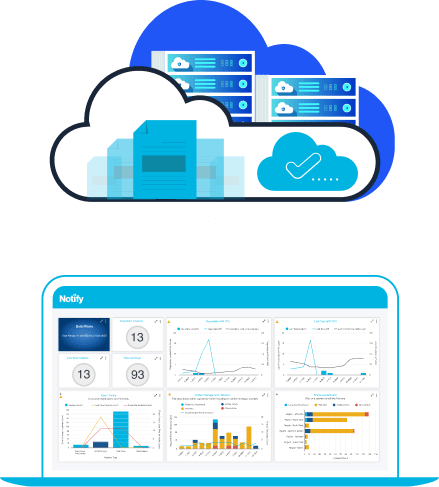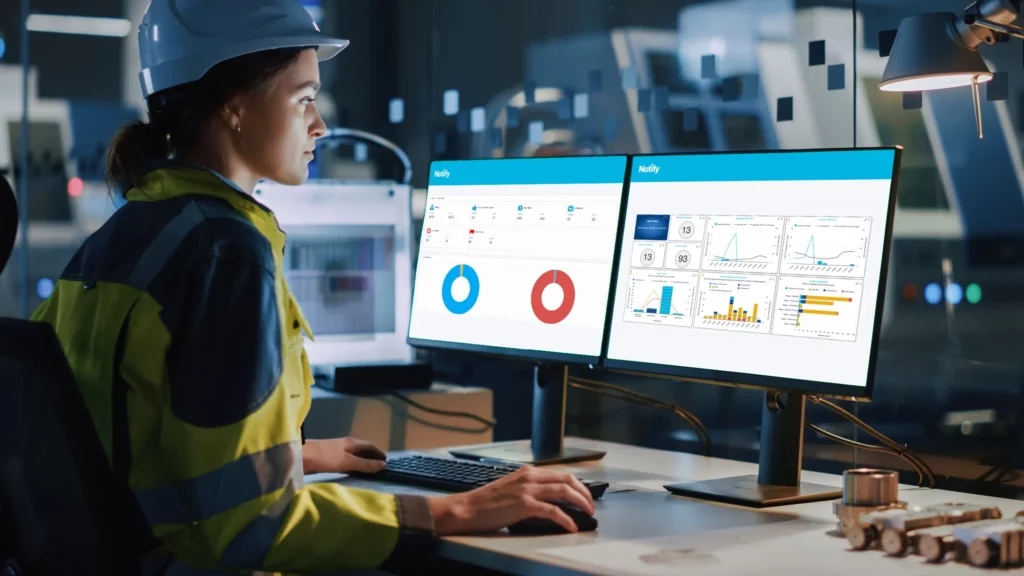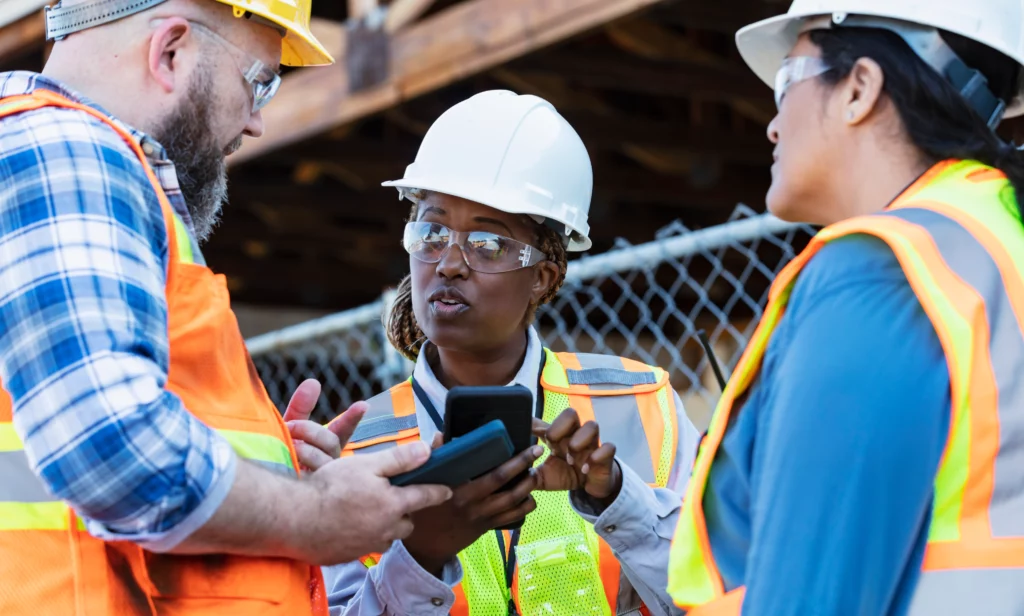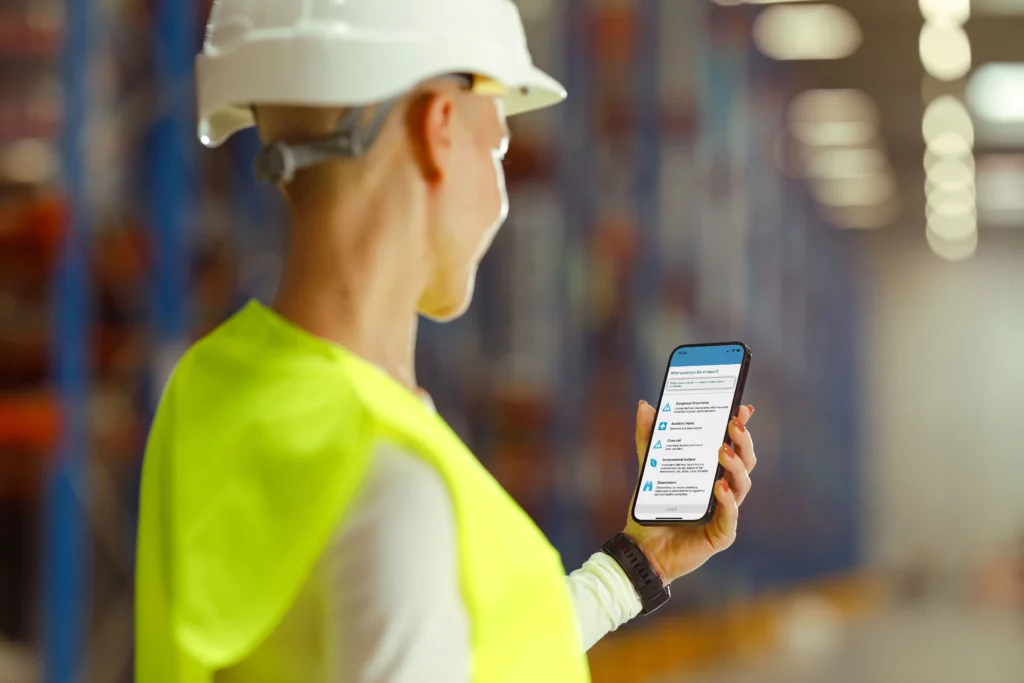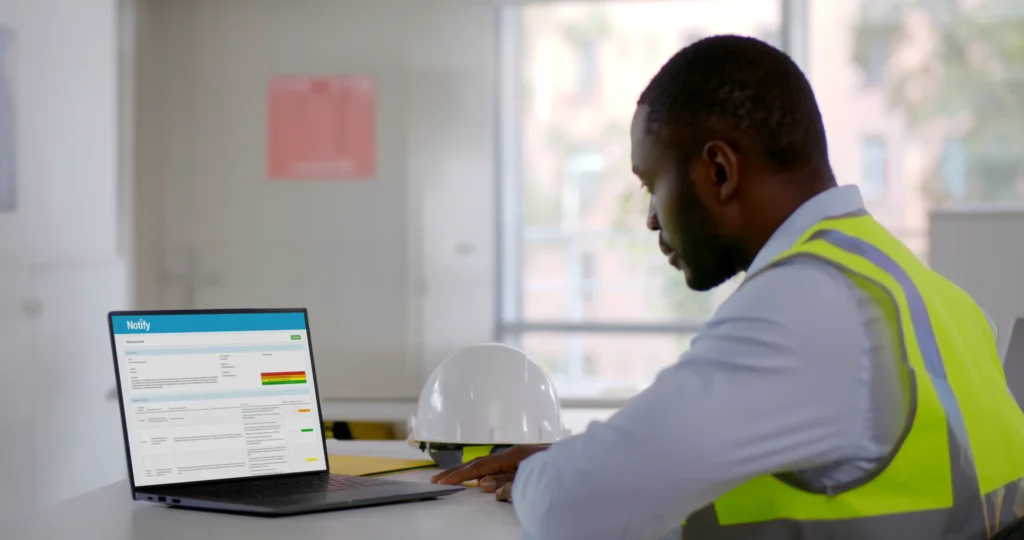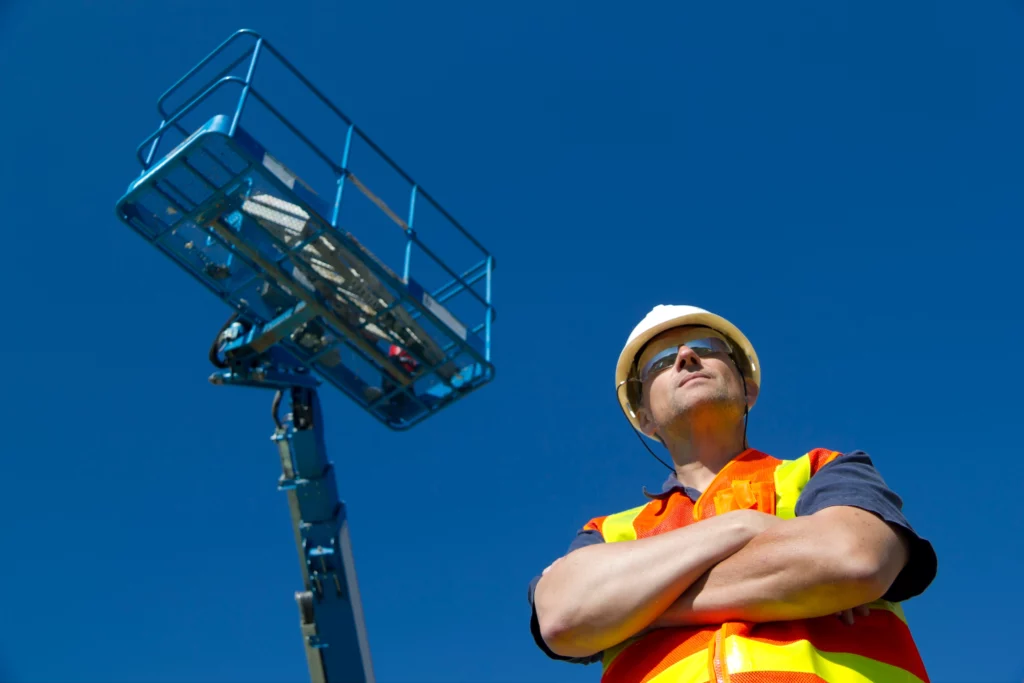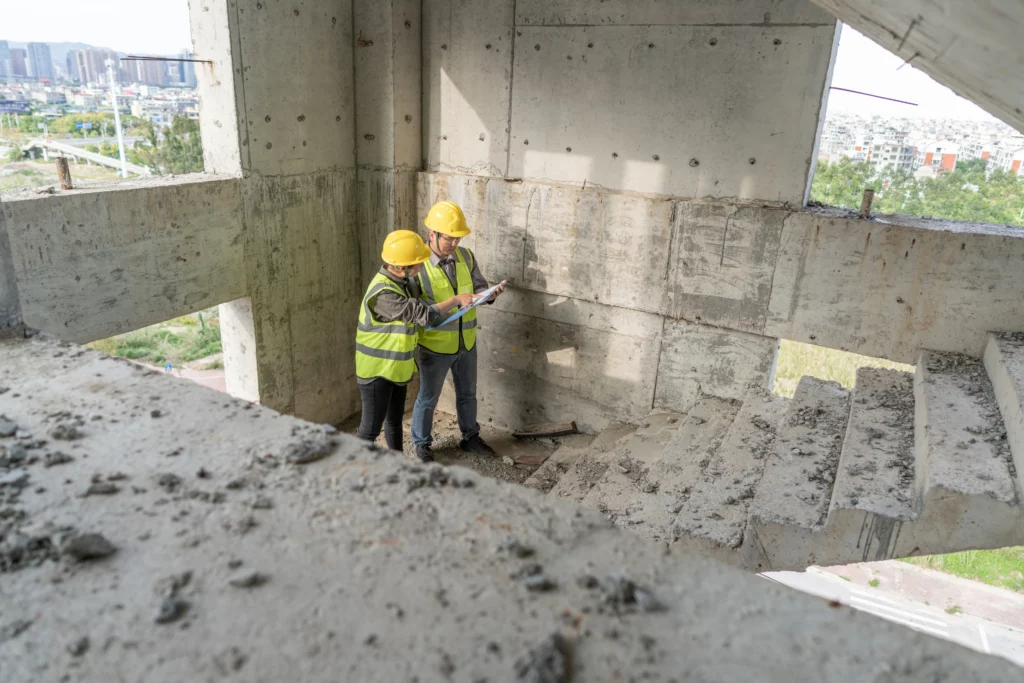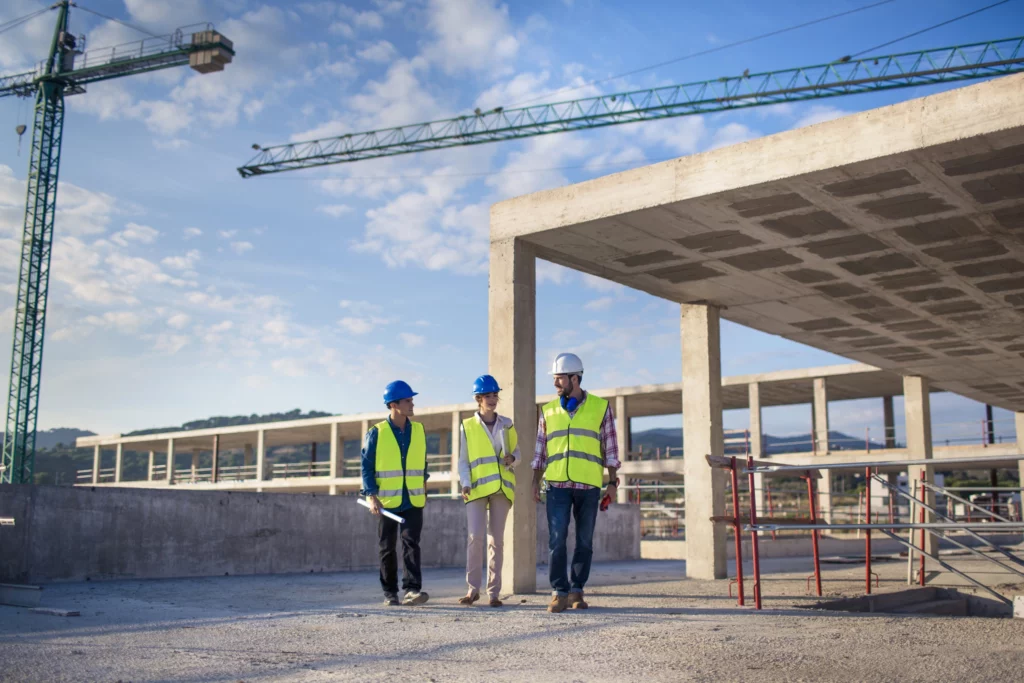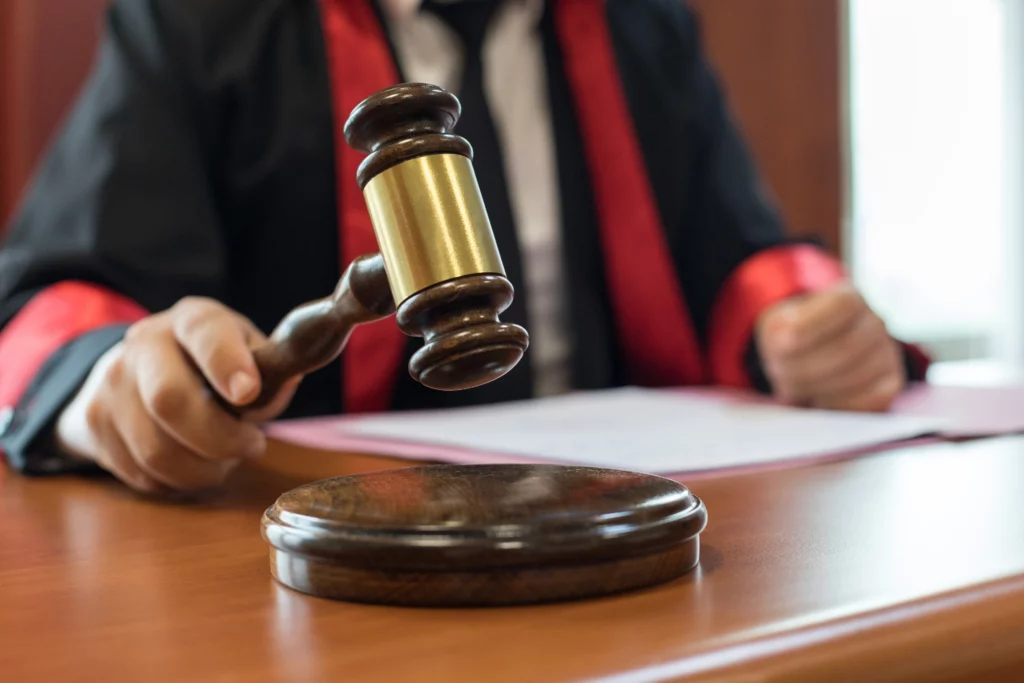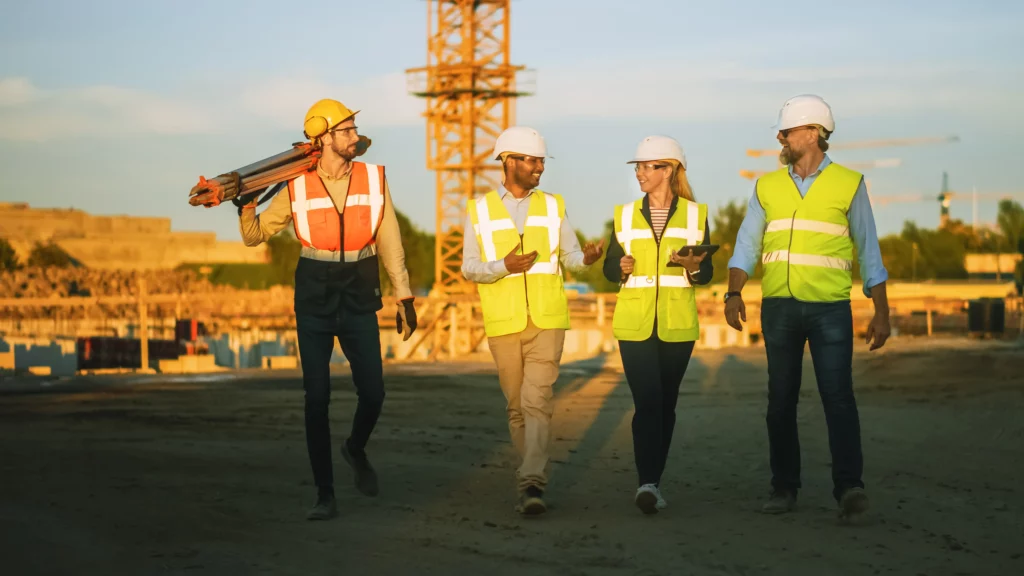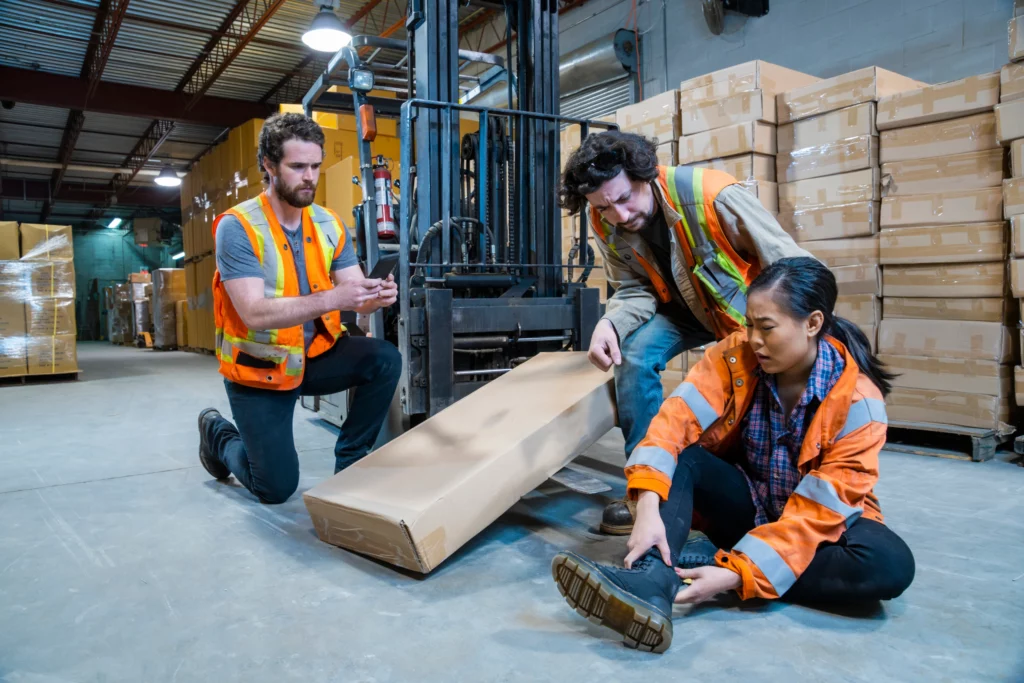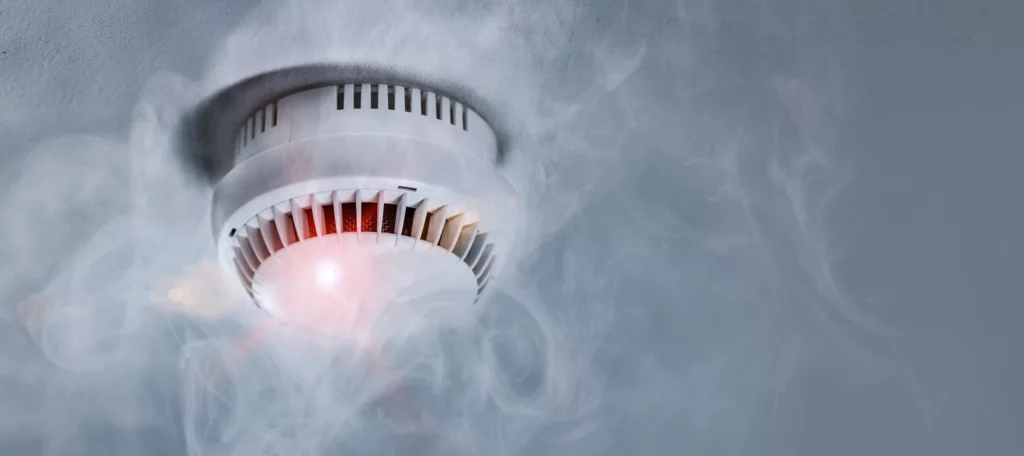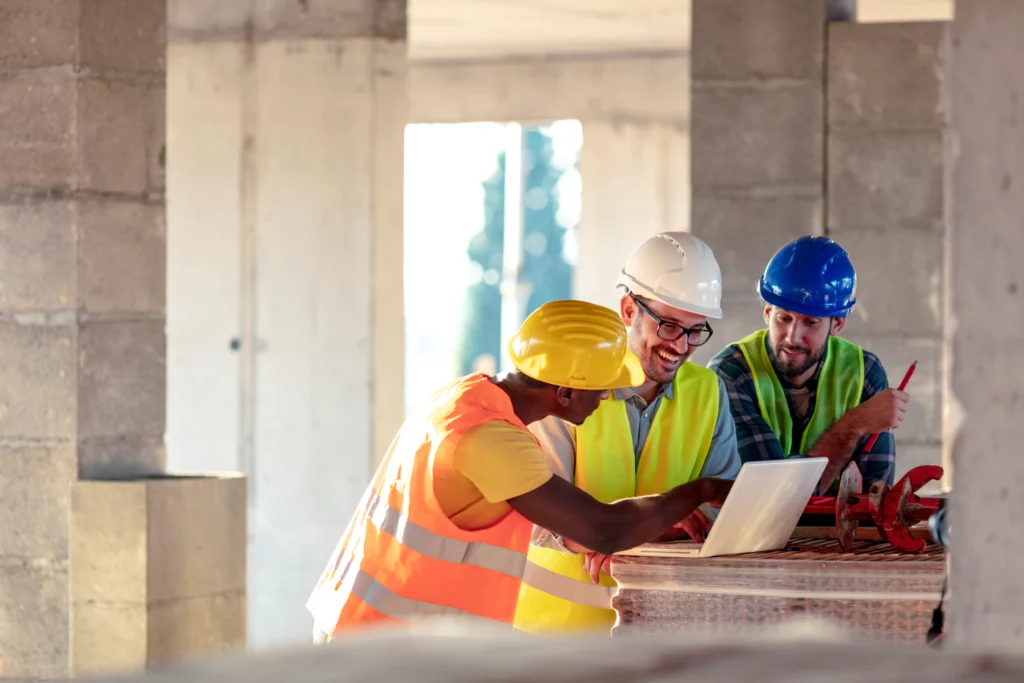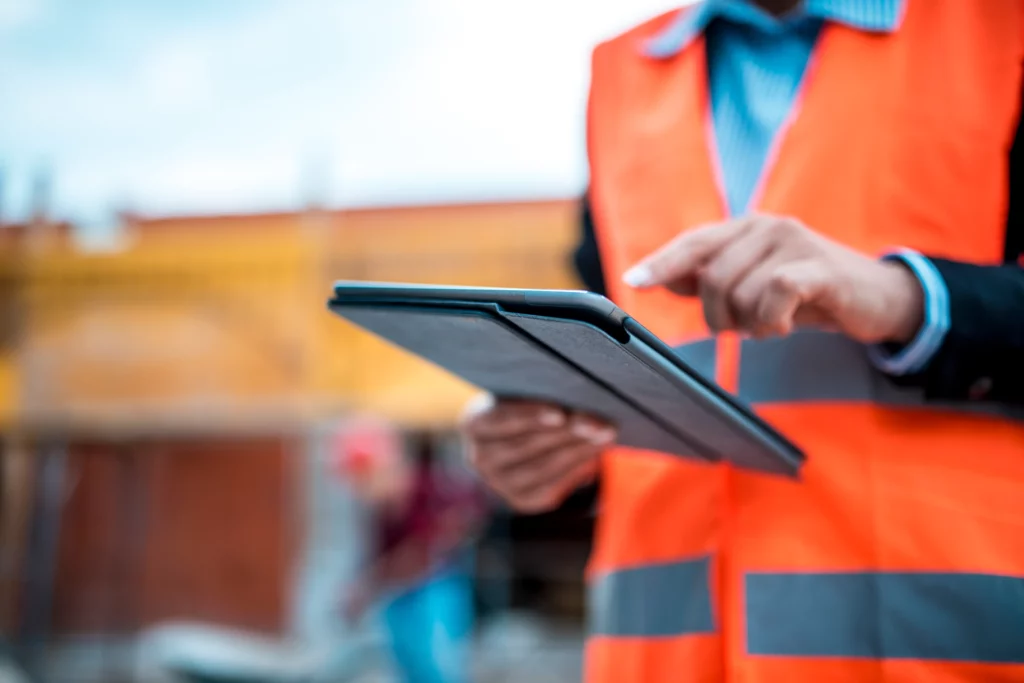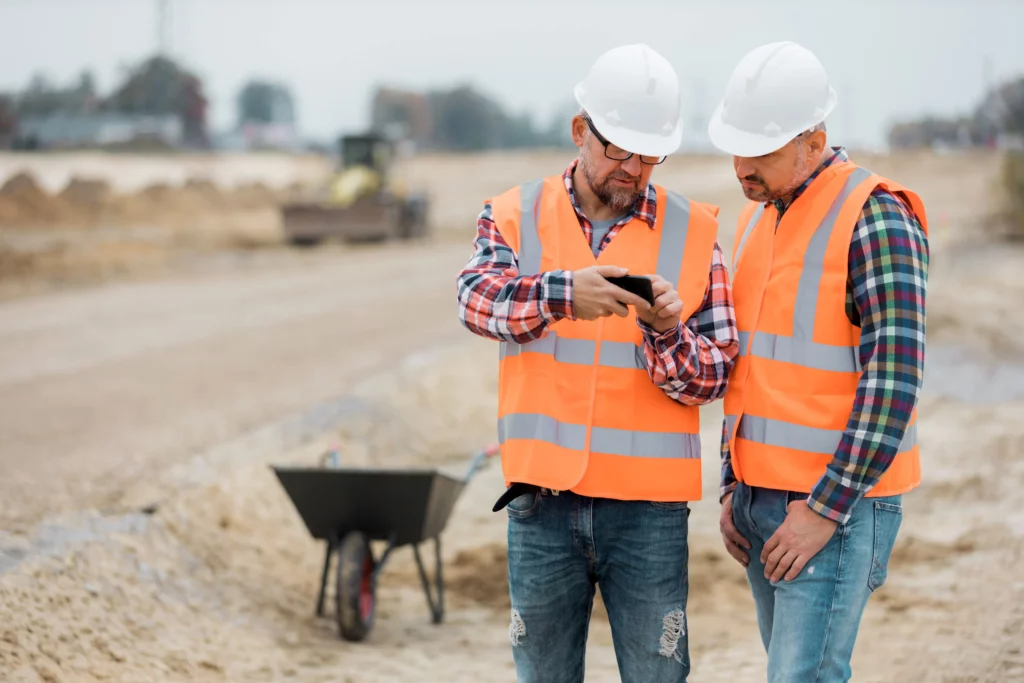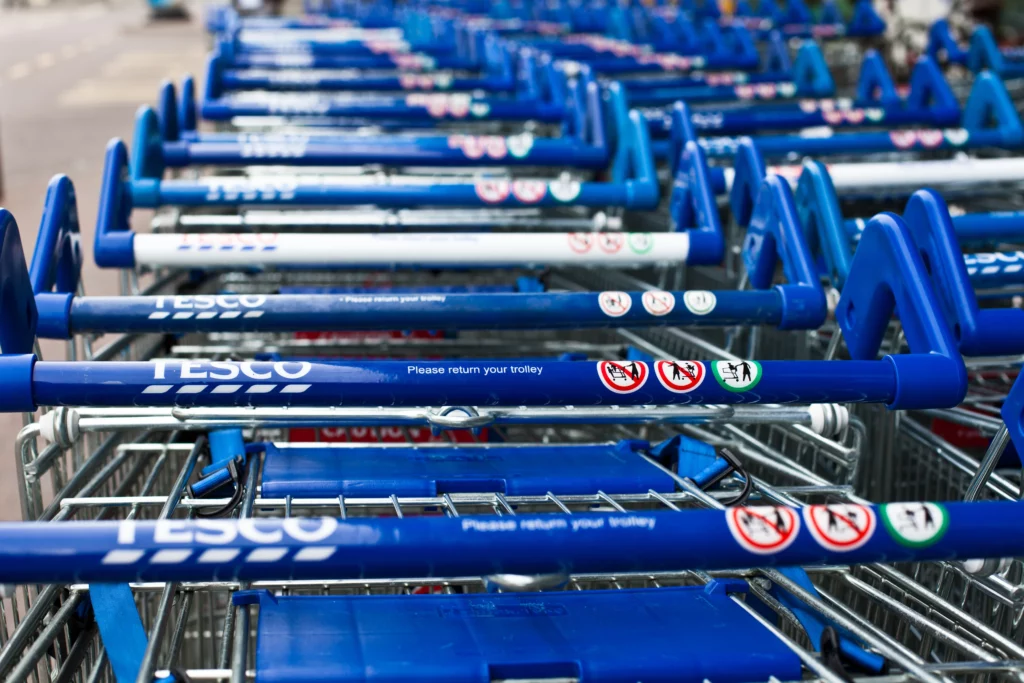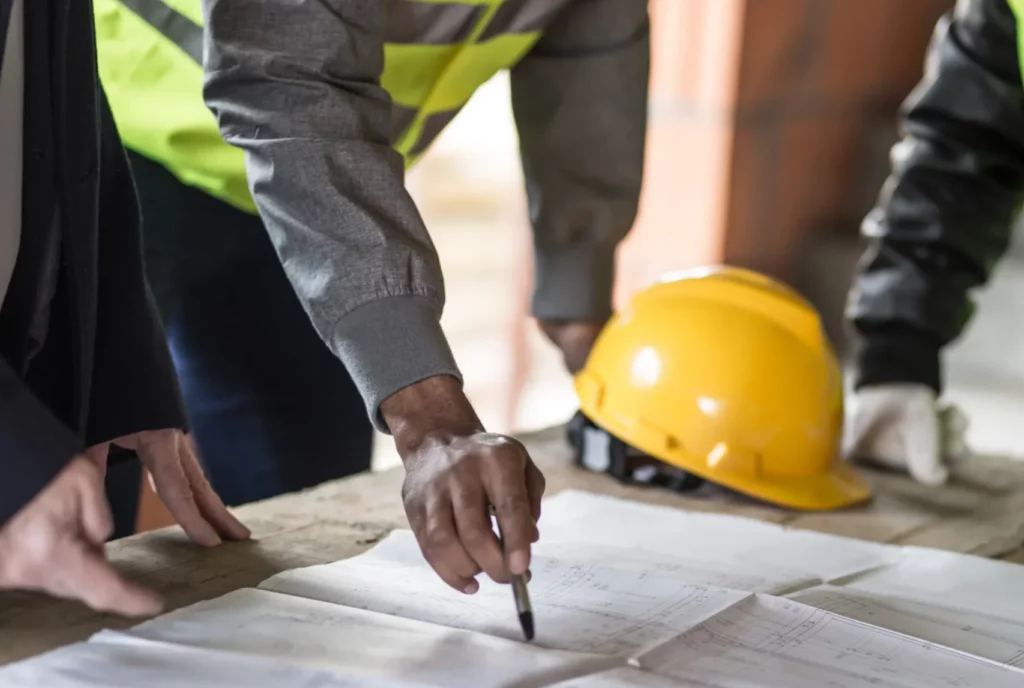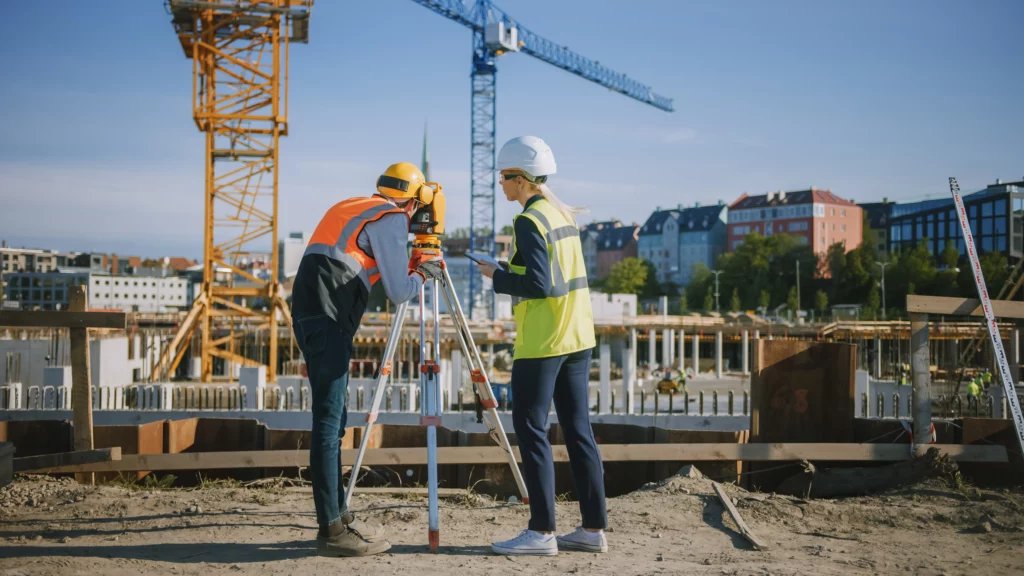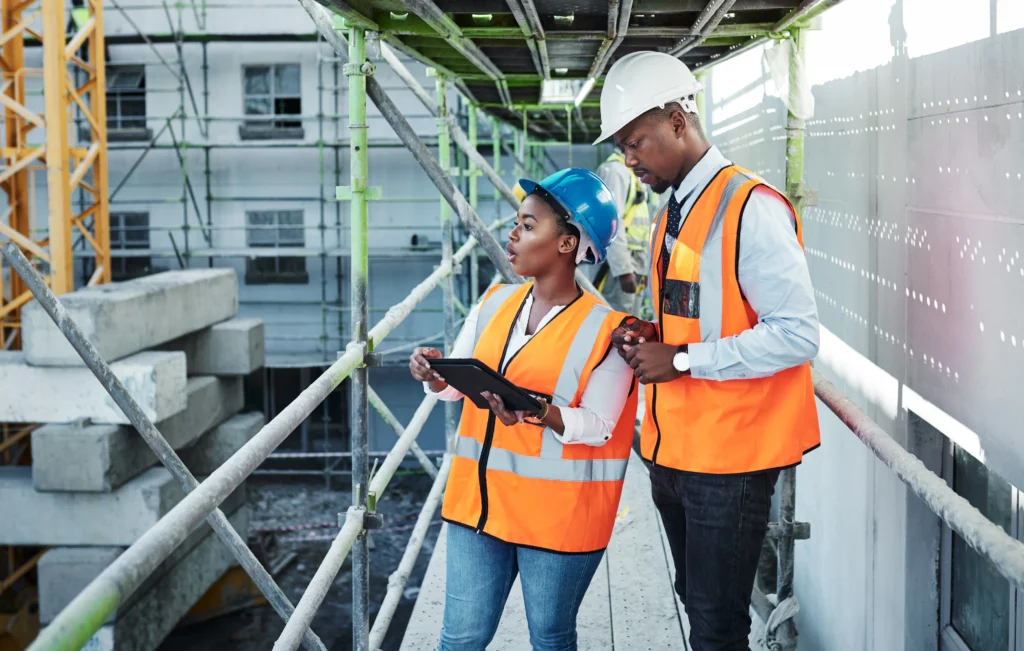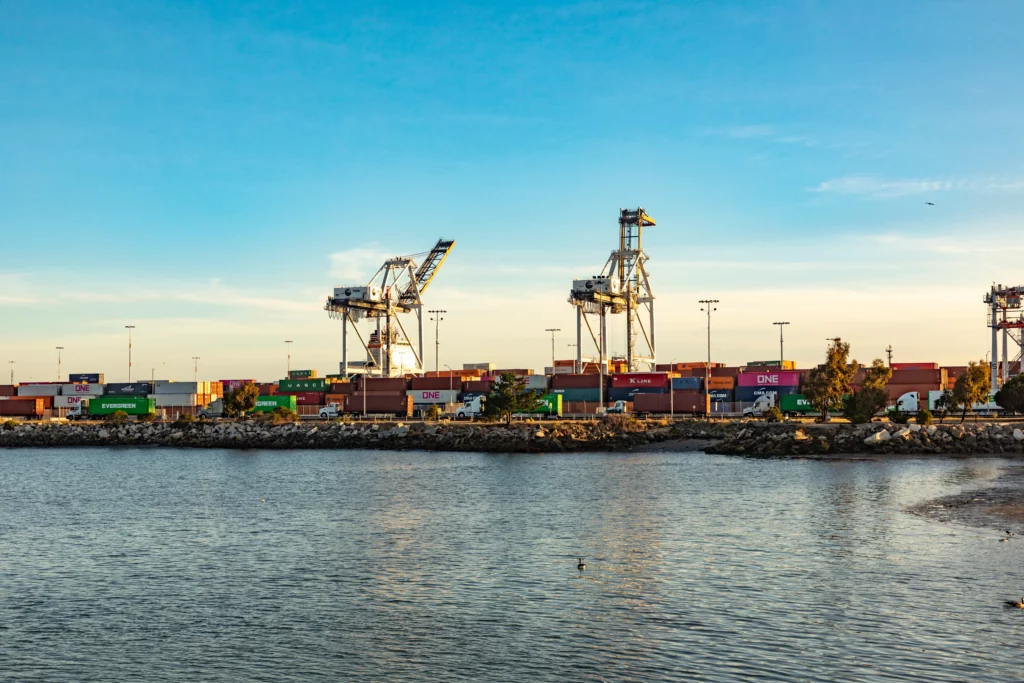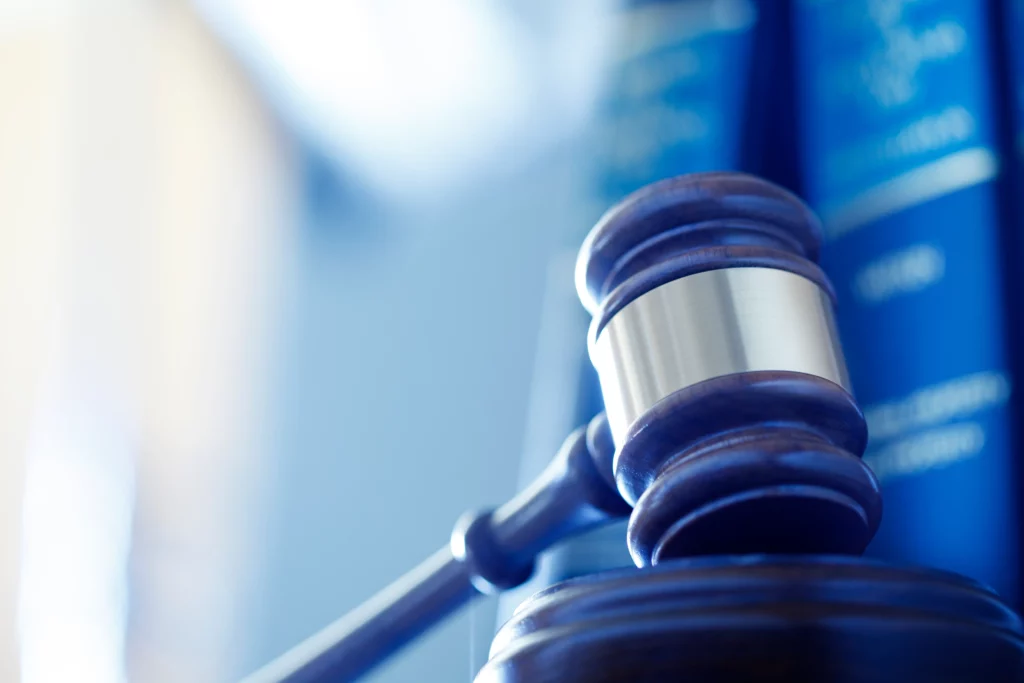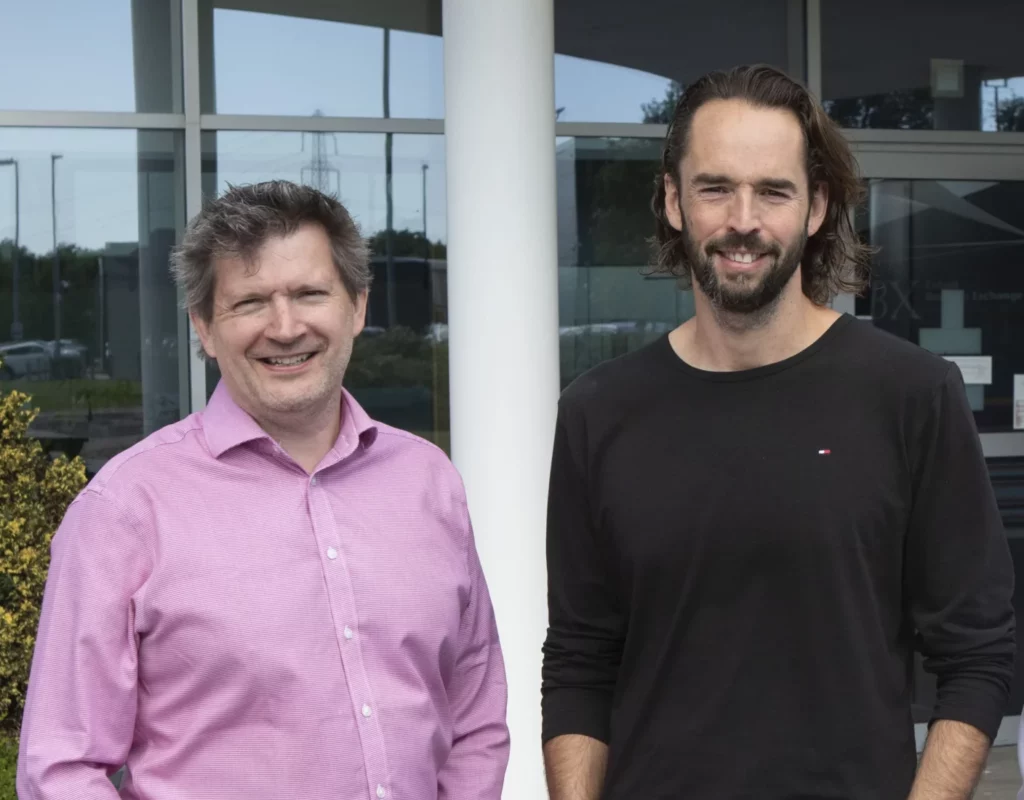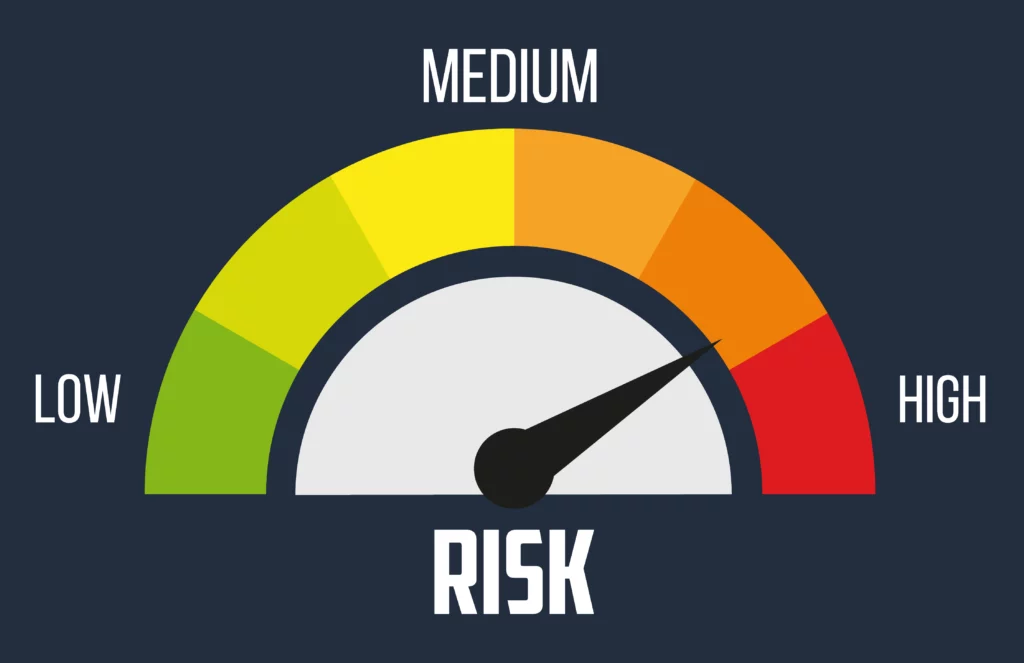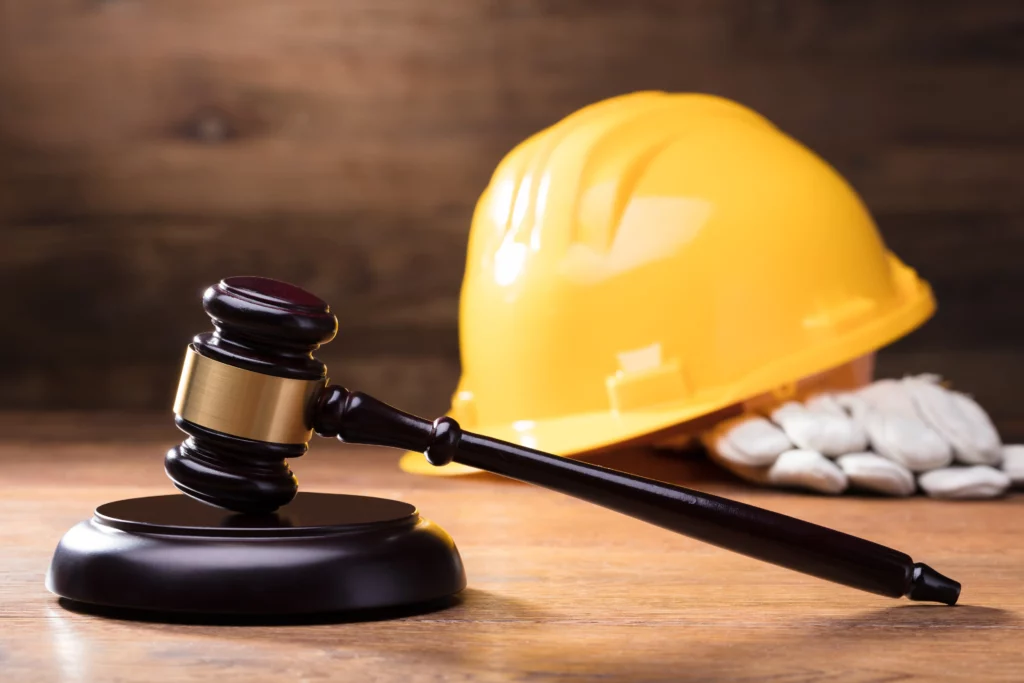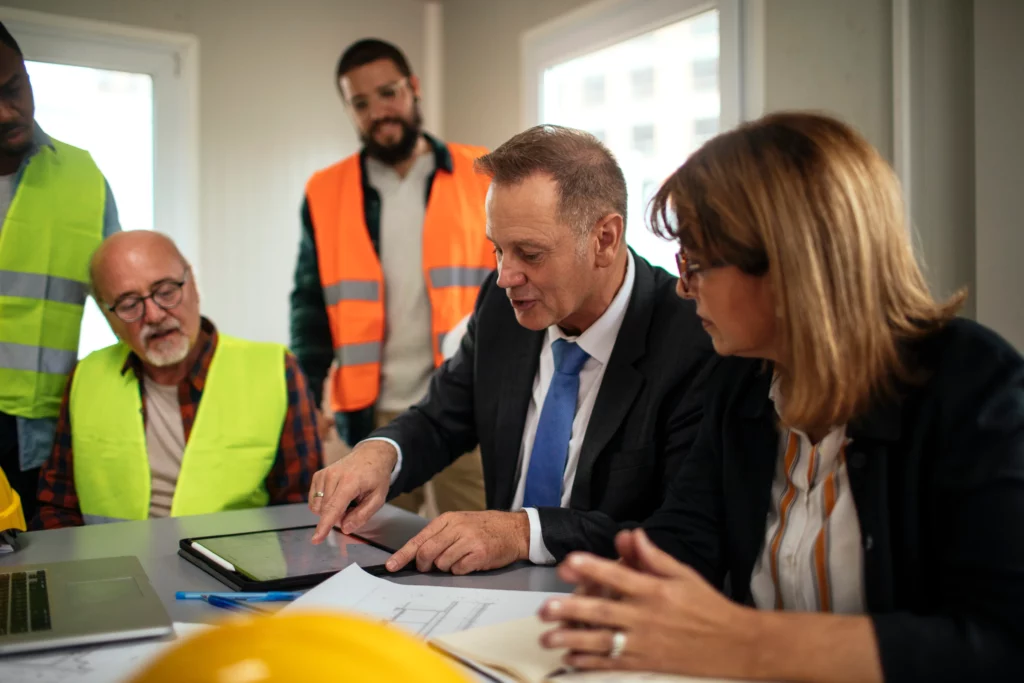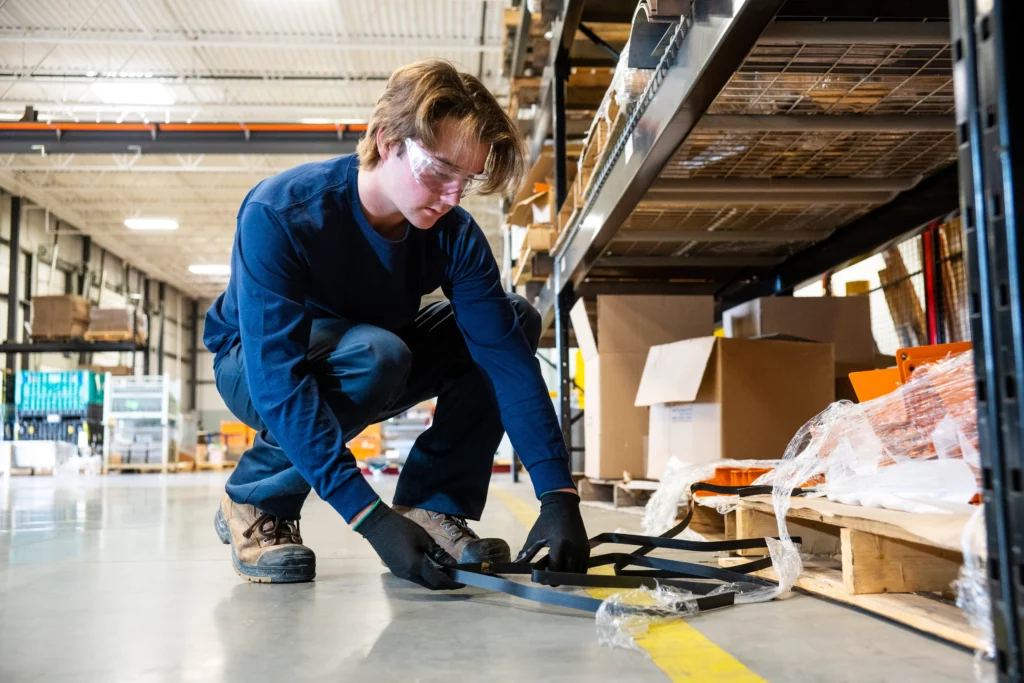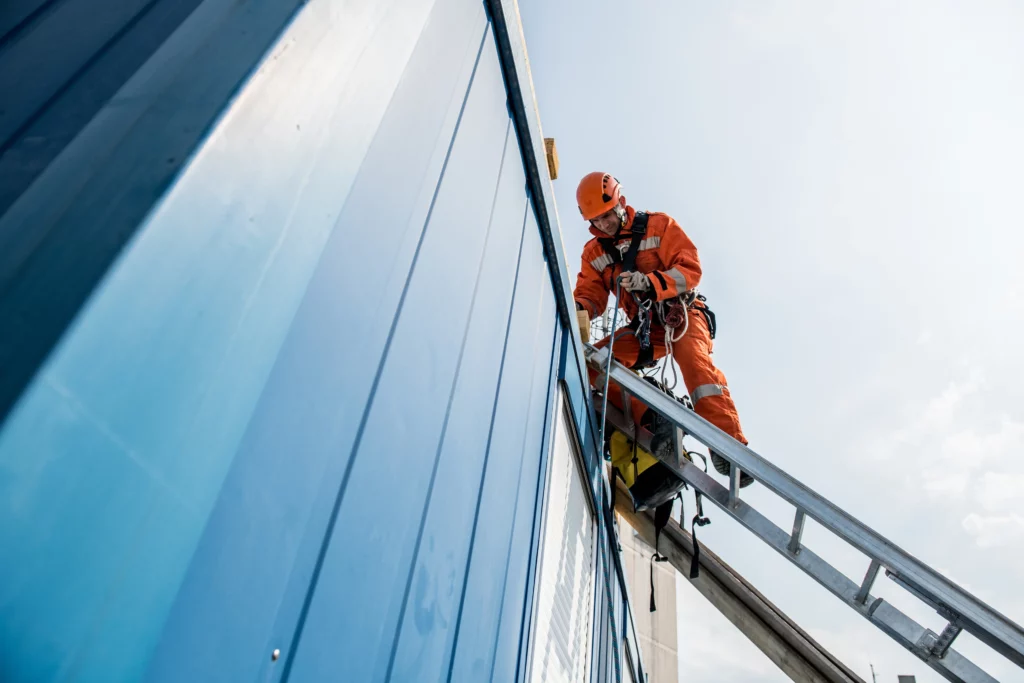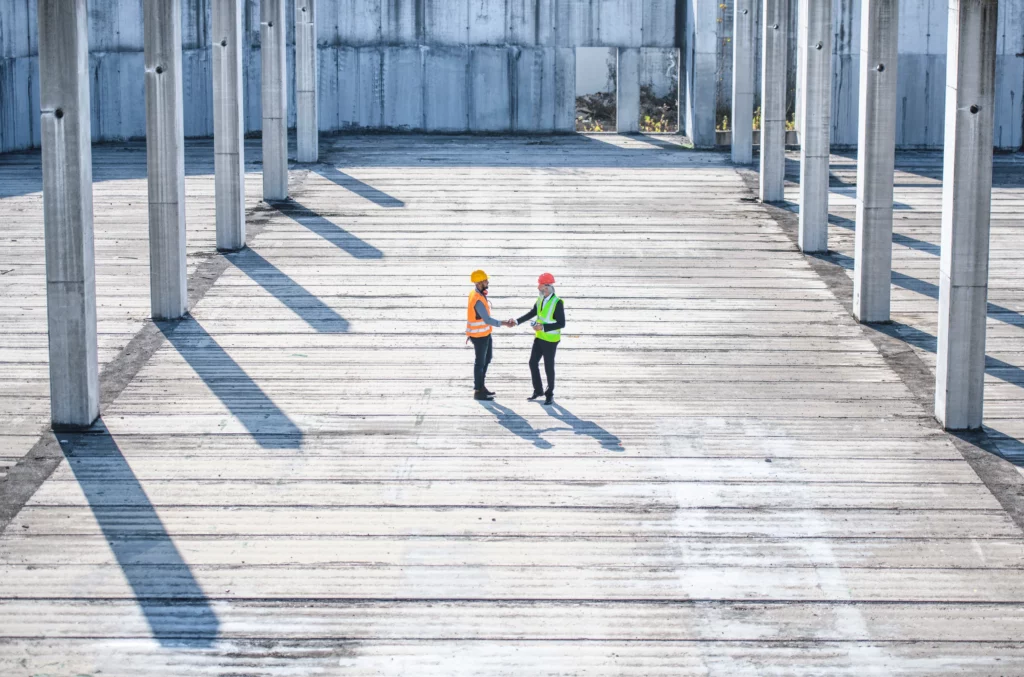All organisations strive to achieve a proactive safety culture that will help to prevent accidents from occurring. This will include active safety monitoring and safety engagement at all levels of the organisation.
Sometimes, however, an unplanned event may cause injury or ill-health and needs to be investigated as part of the organisations’ legal and best practice requirements (including any insurance policy arrangements with organisations’ insurers).
Organisations need to implement not only proactive safety arrangements but need to ensure that their reactive safety arrangements are also in place. This includes the process and procedures for accident/incident investigation.
Reactive safety monitoring: “Respond to incidents and accidents that have already happened”.
Proactive safety monitoring: “Actively seek identification of hazardous conditions through analysis of organisations processes”.
However, things don’t always go to plan, so organisations must prepare to deal with any unexpected events to reduce consequences and to prevent recurrence. Employees and managers will be more competent in dealing with the effects of an accident/incident, or emergency if effective training and processes are in place. An effective investigation requires a methodically structured approach from information gathering to collation and analysis.
But why do we need to investigate accidents?
Health and safety investigations (reactive monitoring) form a fundamental part of any safety management system. It is essential to have a suitable and sufficient accident/incident investigation process, as this will ensure compliance with legal and civil obligations:
- Certain accidents/incidents must be investigated and reported to the HSE (Health and Safety Executive) in accordance with The Reporting of Injuries Diseases and Dangerous Occurrences Regulations (RIDDOR) 2013.
- Major injuries
- Lost time injuries (periods exceeding 7 days)
- Occupation diseases
- Dangerous occurrences
- The Management of Health and Safety at Work Regulations 1999, regulation 5, requires employers to plan, organise, control, monitor and review their health and safety arrangements. Health and safety investigations form an essential part of this process.
- Investigating accidents and reported cases of occupational ill-health will help organisations uncover and correct any breaches in health and safety legal and best practice compliance.
- Thoroughly investigating any accidents/incidents and taking remedial action to prevent further occurrences, would help demonstrate to a court that you have a positive attitude to health and safety during any Criminal Proceedings.
- Following the Woolf Report on Civil action, you are expected to make full disclosure of the circumstances of any accident to the injured parties considering legal action. The fear of litigation may make you think it is better not to investigate, but you can’t make things better if you don’t know what went wrong! The fact that you thoroughly investigated an accident and took remedial action to prevent further accidents would demonstrate to a court that your company has a positive attitude to health and safety. Your investigation findings will also provide essential information for your insurers in the event of a claim.
Sometimes an investigation will provide a true snapshot of what really happens (reality check) and how work is actually carried out (workers may find shortcuts to make their work easier or quicker and may ignore rules/control measures – you need to be aware of this). By identifying deficiencies in risk control management, organisations will be able to improve their management of risk in the future and to learn lessons that will apply to other parts of their organisation.
Health and safety professionals across all industries will confirm the importance of accurate accident/incident investigation – reporting and recording, this is critical when having to demonstrate compliance to legislation or industry best practice. Furthermore, it’s imperative that investigation records are correctly stored and are accessible in the event of a civil claim being issued against the organisation possibly, up to 3 years after a work-related injury. Accurate investigation information will be requested by the insurer if a duty of care was owed to the injured party, hence the importance of accident/incident investigations to be thorough.
The investigation process
An investigation will help organisations identify where and why the existing risk control measures failed and what improvements or additional measures are required to prevent further occurrences. These are normally categorised as follows:
Immediate causes: the agent of injury or ill health (the blade, the substance, the dust etc).
Underlying causes: unsafe acts and unsafe conditions (the guard removed, the ventilation switched off etc).
Root causes: the failure from which all other failings grow, often remote in time and space from the adverse event (e.g., failure to identify training needs and assess competence, low priority given to risk assessment etc).

How can Notify help you track and report accidents?
Notify provides this accident/incident reporting and investigation process, with a methodically structured approach to information gathering, collation and analysis as part of your accident investigation process. All relevant information must be collated when trying to establish any root or underlying causation for the accident, as this will then trigger any changes or additional control measures that need to be implemented to prevent any further occurrence.
In addition, the dashboard on Notify can provide excellent live data in relation to accident/incident statistics and trend analysis.
Any accident/incident investigation may include the allocation of actions to be closed out at various levels of the organisation, this could involve additional control measures to be introduced or even a change of training to be conducted. These actions must be recorded as part of the investigation process, including the eventual closure of any actions listed as part of the investigation. Notify incident reporting and management can facilitate this process by recording all actions logged within the investigation process, including the attachment of any documents (including witness statements) as required.
Every organisation has a legal and moral duty to investigate and record accidents/incidents within the workplace. Organisations need to ensure that the accident/incident investigation process, systems, and training are resourced and implemented across all levels of their organisation. Effective reactive procedures can reduce liability and cost, by protecting against:
- Criminal proceedings
- Fines (including FFI – fee for intervention)
- Insurance costs
It is vital as part of any future civil or criminal litigation that all information relating to the accident/incident is made available. Based on experience trying to collect information about an accident/incident after a period of time, normally proves to be difficult, especially if the information has not been archived or stored within the organisation as part of the initial investigation.
Book a demo with our team today or access your 14-day FREE trial and find out how we can help your business.



